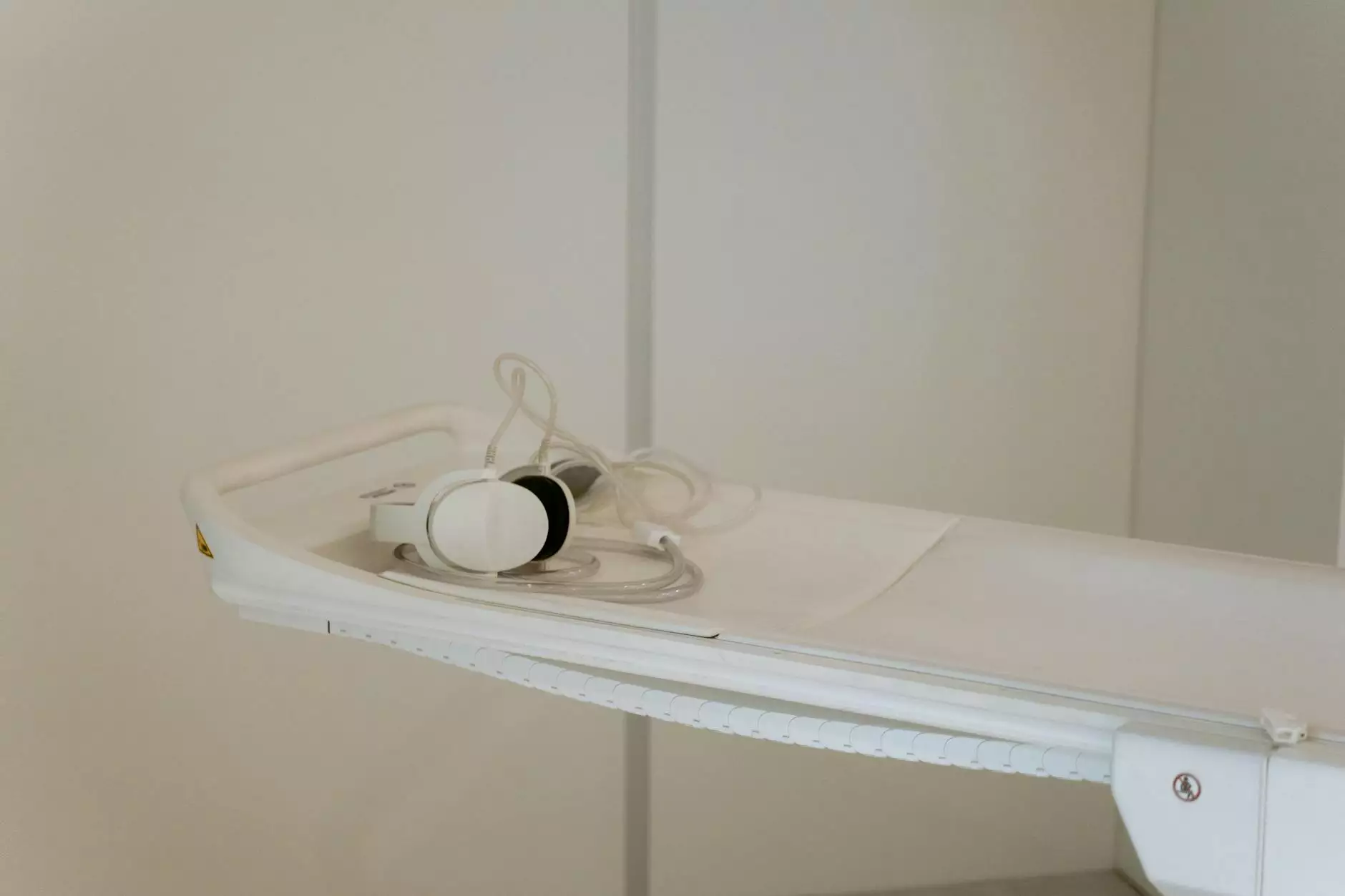CT Test for Lungs: A Comprehensive Guide

The CT test for lungs, also known as a CT scan of the chest, is a powerful diagnostic imaging tool that provides detailed images of the lungs and surrounding structures. This article will delve deep into the importance of this test, how it is performed, and its benefits, especially for patients concerned about lung health. Whether you are facing respiratory issues or simply want a clear understanding of lung health, this guide aims to inform and educate.
What is a CT Test for Lungs?
A Computed Tomography (CT) scan is a non-invasive imaging procedure that combines multiple X-ray images taken from different angles to create cross-sectional images of the lungs. This detailed view helps doctors diagnose a wide range of lung conditions, including:
- Lung cancer
- Pulmonary nodules
- Pulmonary embolism
- Chronic obstructive pulmonary disease (COPD)
- Interstitial lung disease
Why is a CT Test for Lungs Important?
The CT test for lungs is critical for several reasons:
Early Detection of Lung Cancer
One of the most significant advantages of a CT scan is its ability to detect lung cancer at an early stage, often before symptoms appear. This early detection significantly increases the chances of successful treatment.
Accurate Diagnosis of Pulmonary Conditions
A CT scan provides a more comprehensive view of lung structures than regular X-rays. This is essential for accurately diagnosing various pulmonary conditions and determining the appropriate treatment plan.
Guiding Treatment Plans
CT scans can help healthcare providers visualize tumors, infections, or abnormalities in the lungs, aiding in formulating targeted treatments. Detailed imaging assists in planning surgeries or monitoring the effectiveness of ongoing treatments.
How is a CT Test for Lungs Performed?
The procedure for a CT test for lungs is relatively straightforward and usually takes 10 to 30 minutes. Here’s a step-by-step breakdown of the process:
Preparation for the CT Scan
Patients may be advised to avoid eating or drinking for a few hours before the test, particularly if a contrast material is to be used. It's essential to inform the healthcare provider of any medications, allergies, or previous reactions to contrast materials.
During the Scan
- Positioning: Patients will lie on a motorized table that slides into the CT scanner. Pillows may be used for added comfort.
- Breath Control: Patients might be asked to hold their breath for a few seconds while the scan is being conducted to reduce motion artifacts.
- Imaging: The CT scanner will rotate around the patient, taking images from various angles. These images are quickly processed by a computer to construct detailed cross-sectional views of the lungs.
Post-Scan Procedure
After the scan, patients can typically resume their normal activities immediately unless instructed otherwise. A radiologist will evaluate the images and deliver a report to the referring physician, who will discuss the results with the patient.
Benefits of a CT Test for Lungs
The benefits of a CT test for lungs are substantial:
- High-Resolution Images: CT scans produce high-definition images that reveal fine details, making them superior to traditional X-rays.
- Speed and Efficiency: The scans are quick, with most procedures completed in a matter of minutes.
- Non-Invasive: CT scans are non-invasive and generally have no associated pain, providing a comfortable experience for patients.
- Versatility: These scans can assess various conditions beyond lung diseases, including heart issues and vascular diseases.
Risks and Considerations
While the benefits of a CT test for lungs are significant, there are also some risks and considerations to account for:
Radiation Exposure
A CT scan involves exposure to a small amount of ionizing radiation. While the risk is minimal compared to the diagnostic benefits it provides, patients should discuss any concerns with their healthcare provider.
Contrast Material Reactions
If contrast dye is used, some patients may experience mild side effects, such as a warm sensation or nausea. Severe allergic reactions are rare but possible; thus, it’s crucial to disclose any allergies prior to the test.
Who Should Consider a CT Test for Lungs?
Not everyone may need a CT test for lungs, but certain patients should definitely consider it. This includes:
- Individuals with a history of smoking.
- People experiencing persistent coughing, wheezing, or shortness of breath.
- Patients with a family history of lung disease or cancer.
- Those with chronic respiratory conditions, such as asthma or COPD.
Understanding the Results of a CT Test for Lungs
Once the results are available, the referring physician will discuss them with the patient. Results can vary widely, ranging from normal findings to indications of serious lung conditions. Understanding these results is crucial:
Normal Results
A normal CT scan indicates that the lungs are healthy and do not show signs of disease or abnormalities.
Abnormal Results
Abnormal results may lead to further testing or a referral to a specialist. Common findings might include:
- Nodules or masses that may require additional imaging or biopsy.
- Infections such as pneumonia that require immediate treatment.
- Scarring or other structural changes that could signal chronic lung disease.
- Blockages in the pulmonary arteries indicative of a pulmonary embolism.
Conclusion
The CT test for lungs is an invaluable diagnostic tool that provides critical insights into lung health. Early detection of conditions like lung cancer and other pulmonary diseases can be life-saving. If you are concerned about your lung health or have been recommended for this test, do not hesitate to reach out to a healthcare professional to discuss your options and the importance of this procedure. At neumarksurgery.com, our dedicated medical team is ready to assist you with your lung health concerns and guide you through every step of the process.
Additional Resources
For more information regarding lung health, diagnostic tests, and treatments, consider exploring the following resources:
- Lung Health at Neumark Surgery
- Explore Our Services
- Contact Us for a Consultation









